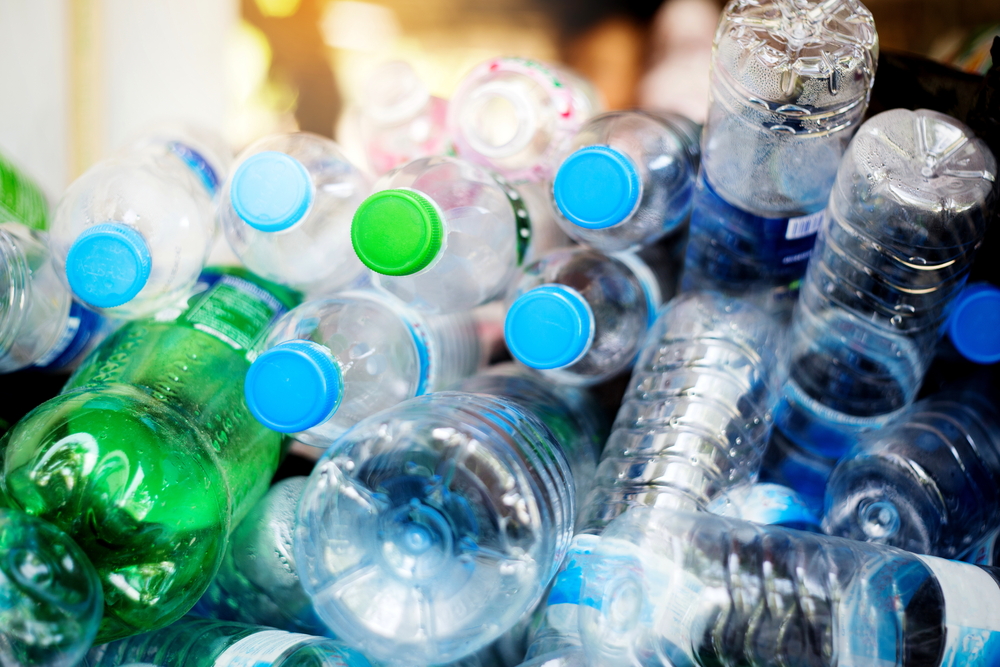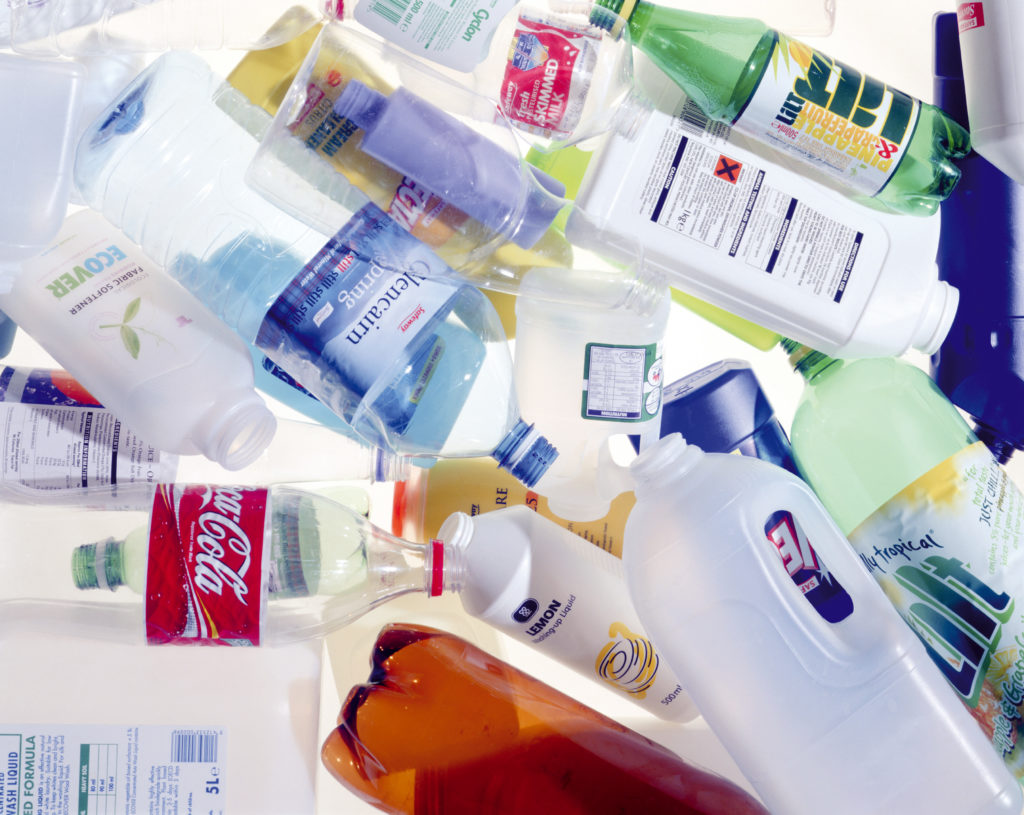The volume of material has exceeded capacity of the authority's one-year-old baler, said senior recycling officer at Hyndburn, Alison Howard.
The coucil, based in Lancashire, began collecting plastic bottles in December and has been overwhelmed by how much is being collected. “We've been collecting an average of 14 tonnes of plastic a month,” said Steve Riley, waste manager at Hyndburn. “The success of plastics and our other collections has seen our recycling rate increase from 6% to around 18%.”
The baler can still take cans and cardboard but is unable to bale plastic. Previously, Hyndburn received about 20 for a “lift” of plastic from Preston recycling company Plastics Recovery, but the authority is now paying the company to collect loose plastic in skips.
The baler manufacturer is currently assessing the equipment, said Ms Howard. The authority will look at the results and then decide whether to invest in another baler or wait to see what will happen with the substantial amount of PFI credits Lancashire has received, she added.
“The PFI will mean the way we deal with waste will change, so we may have other options to look at,” said Ms Howard. “Balers can cost up to 35,000, so it is whether we continue paying for loose collection until we know what will happen with the PFI, or endure the cost of a new one.”
In the meantime, Hyndburn said stopping plastic collections was not an option: “There is no way we could stop collecting plastic. There wouldn't be enough space for residents to put it in the residual bins because we are on an alternate scheme and therefore we only collect residual waste every other week,” explained Ms Howard.
The 12,000 residents on the alternate collection scheme have embraced the plastic collection and the council is due to extend the scheme to another 12,000 residents in September, thus generating even more plastic.









Subscribe for free